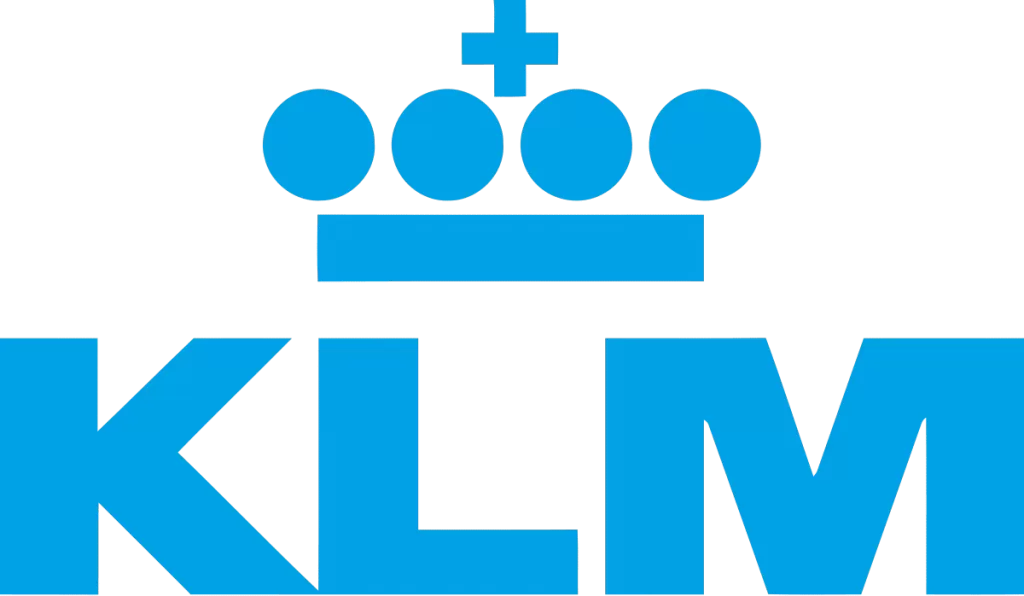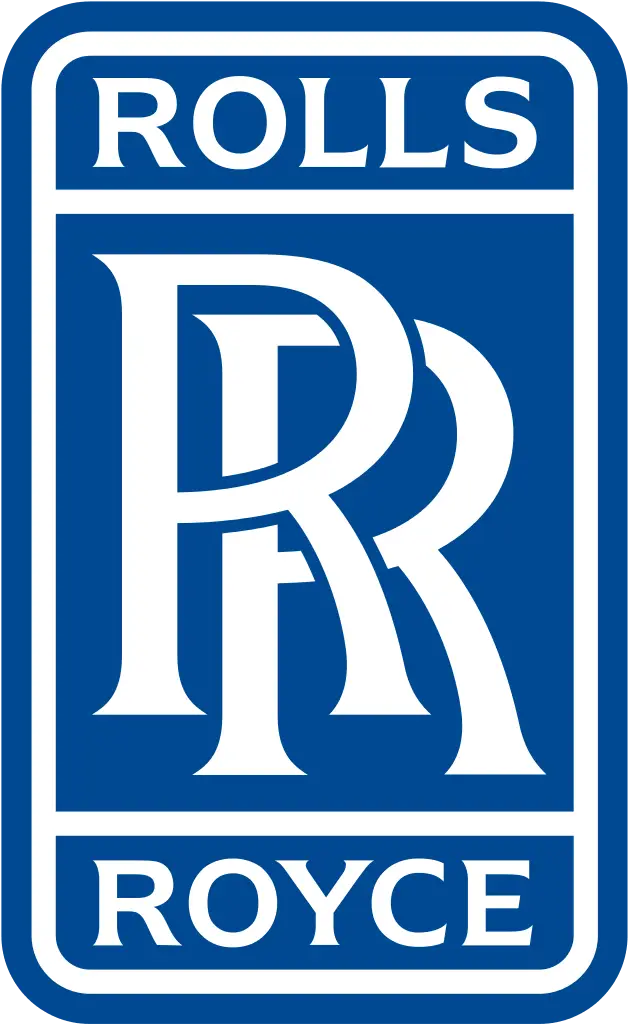What is bulk scanning?
Bulk Scanning is the term used to describe the digitisation of documents on a larger scale. This kind of scanning solution is one of the most economical ways to scan documents and turn data into actionable insight. This service is also ideal for any business looking to free up space in the office and convert bulky paper records into space-saving digital records.
We offer an economical solution for your bulk scanning needs!
In addition to being a cost-friendly option, our bulk document scanning service offers full security and traceability. We ensure that your data is tracked at every stage of the process for extra peace of mind. You can also expect to see greater efficiency rates, boost your green credentials and save money by reducing your storage needs and cutting out manual processes.
Key benefits of Dajon’s Bulk Scanning service
- An economical solution
- Full security and traceability
- Increased efficiency
- Reduced storage needs
- Helps to boost green credentials
Trusted to deliver by






What our clients have to say
We have used Dajon Data Management for the scanning of our financial records. They have carried out their work in a very efficient and cost effective manner….we highly recommend them.
Southwark Council
I have come to greatly appreciate Dajon’s helpful and always friendly customer service, attention to detail and efficient way of handling our archiving and scanning jobs. I am happy to recommend Dajon Data Management.
Caxton Europe Asset Management
Dajon provided us with a measured and cost effective solution to a problem involving historic record photographs… the digitisation was executed quickly and efficiently and we are already reaping the benefits.
National Army Museum

Strettons Chartered Surveyors
Recent Project
Strettons Property Management needed help converting 700 boxes of paper into 6000 online digital records (including internal administration and confidential client lists, among many other documents) – Dajon stepped in to complete the task.
What can you expect?
Free consultation
We will carry out a thorough evaluation of the documentation to be scanned, advising you on the best method to use in order to reduce costs and increase efficiency. Prior to each project, you will be provided with a full proposal detailing the process, project timescales, output strategy and what will happen to the documents upon project completion.
Boxes barcoded on collection
We take the role of security and traceability very seriously. We are the only scanning company offering complete traceability of documentation. You will receive unique barcodes that are affixed to each container and scanned at every stage of the process; from collection, through to destruction or return
Collection & delivery service
Using our own fleet of vehicles, we carry out collections and deliveries on a national and occasionally international basis. All of our vehicles are equipped with the very latest tracking and barcoding technology.
Preparation, scan & process
We will prepare the documents for scanning; removing paper clips, staples etc. to ensure the highest possible quality of scanned documentation. We only use the very best high-end production scanners.
Quality check
The latest technology is used for all of our scanning projects – and for double assurance, we will also carry out a complete quality check to ensure that you are receiving the best possible quality.
Output of information
We will now send the information back to you. This can be done in several ways, however, due to our ISO27001 compliance, we recommend our SFTP – Secure File Transfer Protocol.
Return, store or confidentially destroy
Following a scanning project, we can store your documentation in our purpose-built document storage facility, confidentially destroy the documents or return them back to you.
Frequently Asked Questions
- How best to Scan Large Volume of Documents?Remember, efficiency and organisation are vital components to scan a document stack. Here are some best practices:
- High-Speed Professional-Grade Scanner: purchased to enable inhouse production
- Automatic Document Feeders (ADFs): These help with scanning multiple pages in a document, which otherwise would take longer if done manually. There is a belief that doing large volumes of scanning can be completed more cost effectively if don by an inhouse Team, a recent study by Dajon Data Management discovered it was more than 3 times more expensive to scan inhouse than to outsource the project to a professional digitisation company, when taking in all the real costs to complete the project.
- Options for Professional Scanning Services:
- They are up to date with technology and combined with highly experienced personnel, scanning is done speedily and accurately. They can handle any kind of document size, no matter how large or even fragile documents that standard equipment might spoil.
- High-Speed Professional-Grade Scanner: purchased to enable inhouse production
- How Long Does It Take to Scan 1000 Pages?Time to scan 1000 pages depends on:
- Type and Speed of Scanner:
- A high-speed document scanner usually has a speed range of 25 to 250 pages per minute (ppm), so it will probably take 20 to 40 minutes for 1000 pages.
- Preparation and Post-Processing:
- Preparing and organising the documents and post-activities like filing, organising, and quality checks are additional and not included in the scanning time.
- Type and Speed of Scanner:
- How to Digitise Paper Documents?Some of the most important steps in the digitisation process for paper documents:
- Preparation:
- Sort through all records in good condition and sort them into categories or by type; remove staples, paper clips, etc.
- Scanning:
- Use quality scanners, including efficient high-speed document scanners, particularly for ADF bulk scanning.
- OCR Processing:
- Optical Character Recognition (OCR) makes scanned documents both editable and searchable.
- File Organisation:
- Give the scanned documents meaningful file names and maintain a logical structure in the set of folders.
- Backup and Storage:
- Protect digital documents, ideally with backup copies, using cloud storage services that are accessible and reliable.
- Preparation:
- How Bulk Scanning WorksBulk scanning incorporates the following steps for digitising large quantities of documents within the shortest time possible:
- Document Preparation: Remove binding materials and separate documents into easily scanned batches to prevent scanner machine feeding difficulty, paper jamming, or breaking.
- High-Speed Scanning: Use high-speed scanners with ADF that can process documents in bulk, making the scanning process very fast.
- Quality Control: Review digital images for quality and correct any pages that are lacking or have poor scans.
- OCR Processing: Use Optical Character Recognition to convert scanned document images into searchable and editable text.
- File Management: Organise the files logically; scan them under a relevant name with metadata so they can be managed and retrieved easily.
- Storage and Backup: Secure digital document storage using state-of-the-art technologies. That’s why people prefer cloud storage—easy access and very reliable.